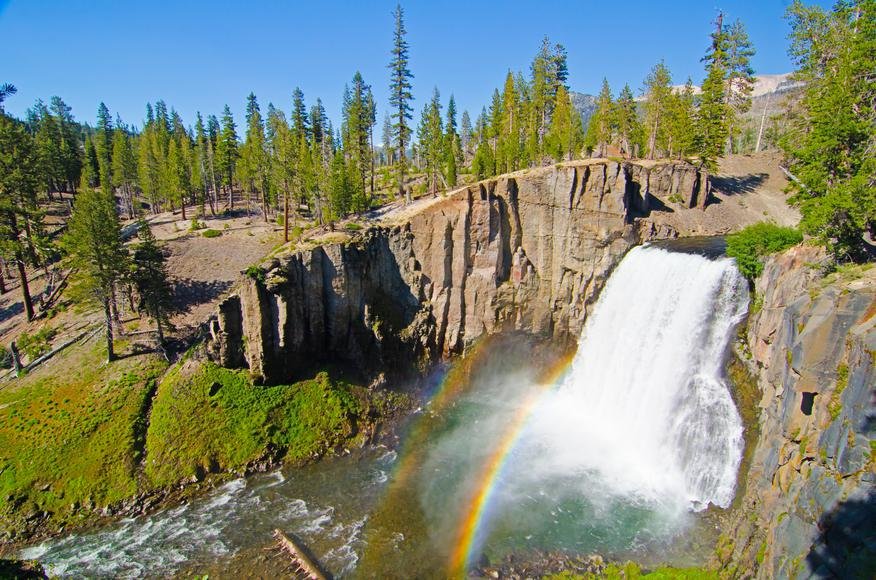Environmental justice is a critical issue that affects communities all over the world. It is the fair treatment and involvement of all people, regardless of their race, ethnicity, or socioeconomic status, in the development, implementation, and enforcement of environmental laws, regulations, and policies.
Unfortunately, environmental injustices disproportionately impact marginalized communities, exacerbating existing inequalities and creating a cycle of environmental and social injustice. These communities often bear the brunt of pollution, hazardous waste, and other environmental hazards, leading to adverse health effects and a lower quality of life.
Understanding Environmental Injustice
Environmental injustice can manifest in various forms. One common example is the siting of polluting industries and waste facilities in low-income neighborhoods or communities of color. These communities are more likely to experience higher levels of air and water pollution, leading to increased rates of respiratory diseases, cancer, and other health issues.
Another aspect of environmental injustice is the unequal access to clean and safe environments. Some communities lack access to parks, green spaces, and fresh food options, which can contribute to higher rates of obesity, diabetes, and other health problems. In contrast, wealthier neighborhoods often have better access to these amenities, promoting healthier lifestyles and overall well-being.
The Global Impact
Environmental injustice is not limited to a specific region or country. It is a global issue that affects communities in both developed and developing nations. In developing countries, the exploitation of natural resources often leads to environmental degradation and displacement of indigenous communities. These communities, already marginalized and vulnerable, face the loss of their lands, livelihoods, and cultural heritage.
In developed countries, the impacts of environmental injustices may be less visible, but they still exist. For instance, certain neighborhoods may have higher levels of pollution due to the proximity of industrial sites or highways. These communities may also lack access to essential services such as clean water, healthcare facilities, and educational opportunities.
Promoting Environmental Justice
Addressing environmental justice requires a multi-faceted approach that involves government, civil society organizations, and individuals. Here are some key strategies to promote environmental justice:
- Advocacy and Awareness: Raising awareness about environmental injustices is crucial for mobilizing support and driving change. Advocacy efforts can include community organizing, public campaigns, and education initiatives to empower affected communities.
- Policy Reform: Governments need to enact and enforce policies that prioritize environmental justice. This includes stricter regulations on polluting industries, equitable distribution of environmental resources, and meaningful engagement of marginalized communities in decision-making processes.
- Community Engagement: Meaningful participation of affected communities in environmental decision-making is essential. This can be achieved through public hearings, community consultations, and the inclusion of diverse perspectives in the development of environmental policies and projects.
- Supporting Sustainable Development: Promoting sustainable practices and technologies can help reduce environmental harm and improve the well-being of communities. This includes investing in renewable energy, promoting green infrastructure, and supporting sustainable agriculture.
- Addressing Climate Change: Environmental justice is closely linked to climate change, as vulnerable communities are often the most impacted by its effects. Taking action to mitigate and adapt to climate change can help reduce the disproportionate burden on marginalized communities.
The Way Forward
Environmental justice is not just an environmental issue; it is a matter of social justice and human rights. To create a more equitable and sustainable future, we must address the inequalities that exist in our environmental policies and practices.
By promoting environmental justice, we can ensure that all communities have equal access to clean air, clean water, safe environments, and a healthy quality of life. It is a collective responsibility to advocate for change and work towards a more just and sustainable world for everyone.
































